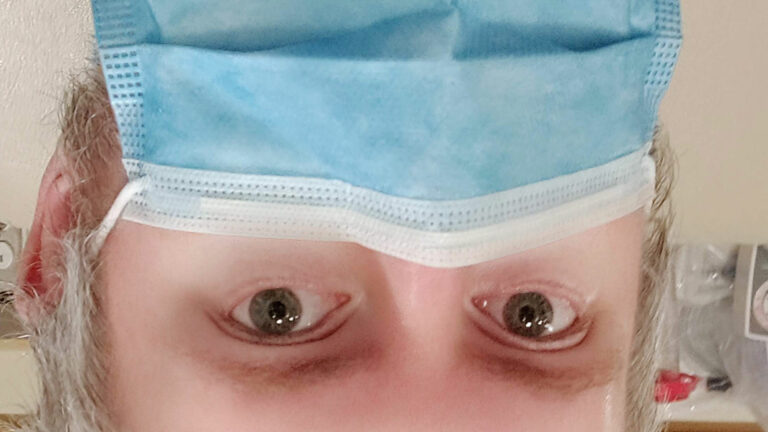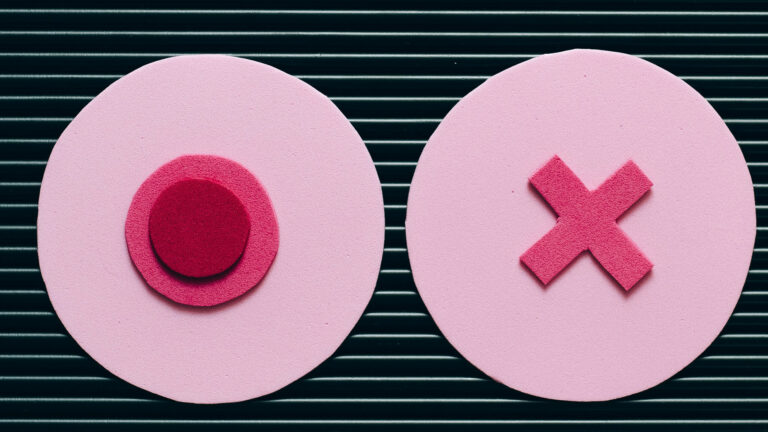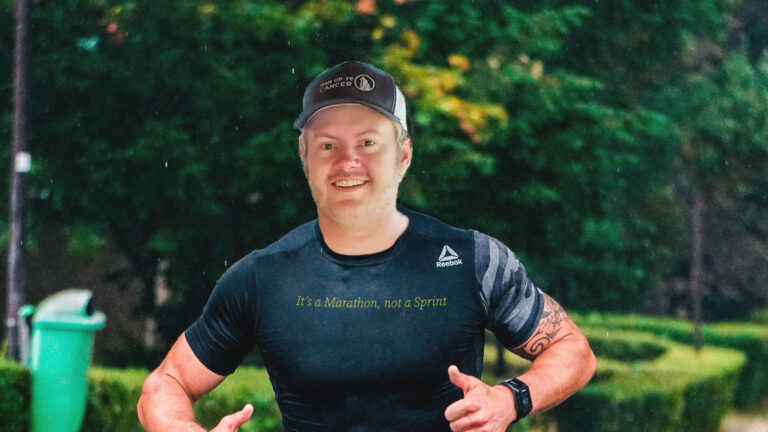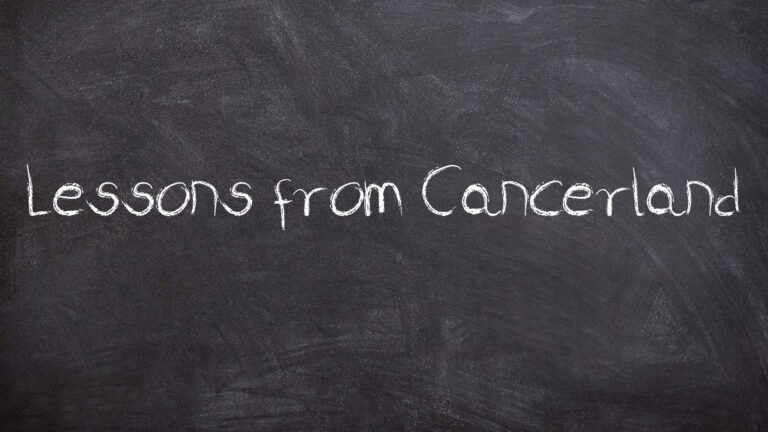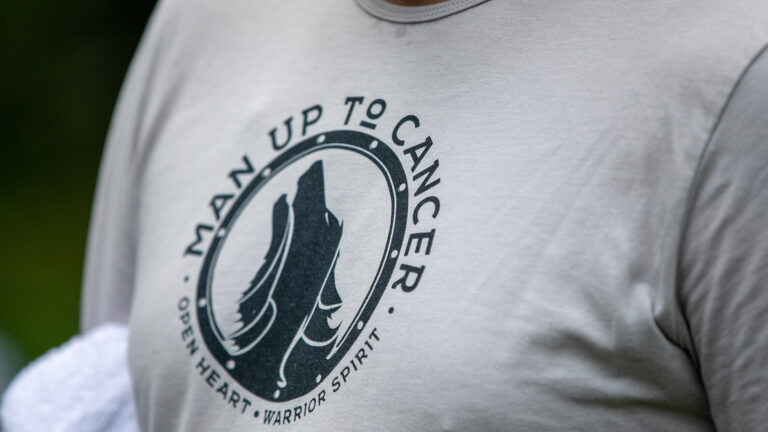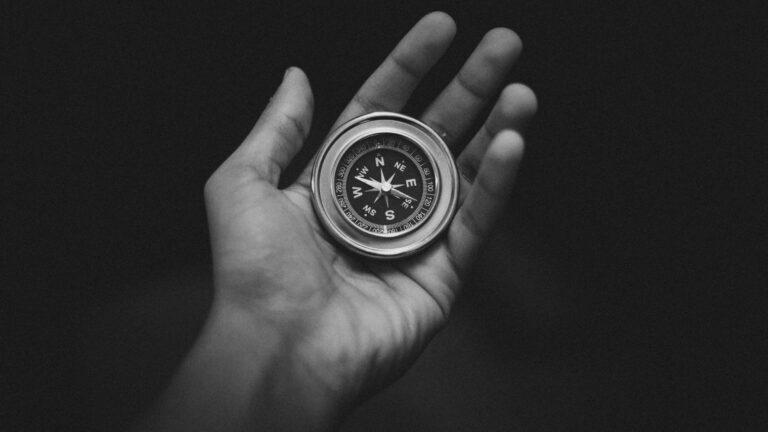This past weekend, I had the privilege and honour of attending Man Up to Cancer's inaugural Gathering of Wolves in Delevan, New York.
It was a sacred and special event for so many reasons, but being able to be a part of the first one is an experience that I will never forget. Around sixty men, spanning countries, ages, and types of cancer came together to share our experiences, swap stories, and finally meet each other face to face after all of the Zoom calls, private chats, and Facebook interactions we've had with one another.
The profound, transcendent effect this will have on my life is indescribable, but I'll do my best to give a taste.


